A meticulous government planning is the major factor for change, says Alexis Rusine, General Secretary, Congress for Labor and Brotherhood in Rwanda, who has been working in different parts of Rwanda as a labor rights activist for more than ten years.
To the outside world, Rwanda still exhibits an image of genocide, massacres and ethnic tensions, however, things are changing fast within the country. Rapid economic growth followed by successful national reconciliation has taken the country into a new era. Rwanda has become an example of progress and development in recent years. Analysts say things which are not possible in other African countries have been possible in Rwanda.
Global South Development Magazine’s Editor-in-Chief Manoj Kr. Bhusal met with and interviewed him in Helsinki where he was invited as a guest speaker to a seminar. Some excerpts from the interview: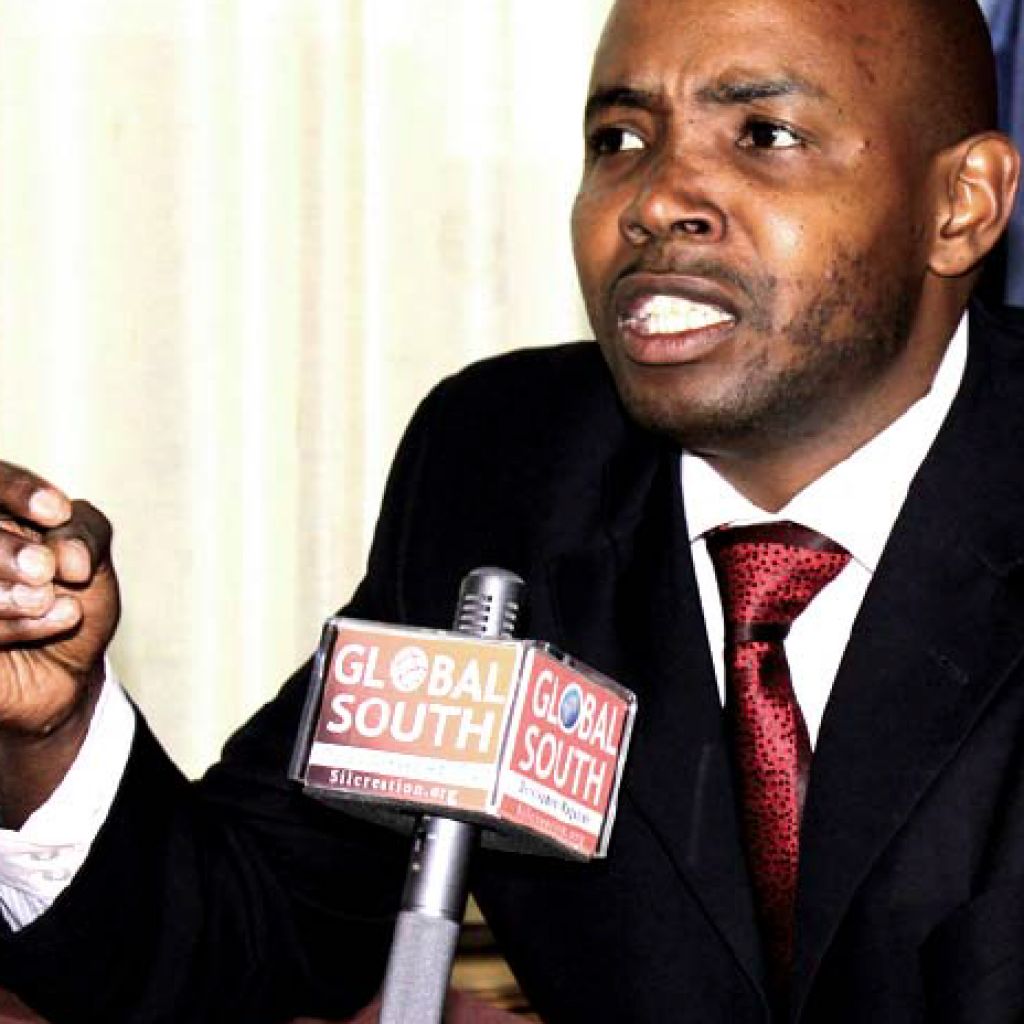
When the world thinks of Rwanda all the memories of genocide and ethnic tensions still seem to be superseding other facets of the country. How do you see Rwanda as a country heading toward development and progress?
Yes, in Rwanda, as a state we have seen many achievements in development parameters, for example, in terms of reducing child mortality and maternal mortality. Then there have been achievements in terms of health promotion. We have a system of mutual assistance which helps all communities, even the countryside, the rural women, rural families participate and get access to healthcare and that has considerably reduced the level of infant mortality. We have also seen that in terms of gender equality promotion, Rwanda is known as a state that has received good recognition. We have also seen that economically Rwanda is trying hard to organise itself in terms of increasing economic growth and, in addition, many other tangible things are there.
Could you tell us a bit about the work that you do as a labour rights activist?
We work for the rights of the workers and the problem we are trying to tackle is that of the workers, labourers. It’s not enough to say that we have done well in GDP; we have a sound economic growth and so on. When the country is moving so fast, if there is no sharing and equal economic distribution, problems and issues of inequality will rise up. As far as these issues are concerned, Rwanda does not have a good record. We stress that this kind of wealth which is being created has to be distributed to all the participants of production which are workers, employers and that in turn will reduce social and economic inequalities.
And what we are trying to do on the workers side is to bargain; to negotiate with employers, to negotiate with the government so that a minimum wage is set up because at the end it is through salaries, decent salaries that the economic growth is distributed equally. If this does not happen, we will see some people getting richer and richer and the others becoming poorer and poorer and the first millennium development goal of reducing poverty will not reached at all. In statistics we see people in our country having good records, but in real life many households, many families are poor and we are struggling to change this.
You mentioned quite many positive changes also. Basically who are the agents of change in Rwanda?
Yes, it is the committed will of the government to work hard and we have a well recognised and a succeeded decentralisation system. The system requires government agencies to work harder than the private sector. The Rwandan government administration is known to be (comprised of) hard workers than the private sector and even the civil society cannot follow the way our civil servants are working. In fact, we have a system which we copied from our culture and revised it. We call imhigo system. The system helped us to strive forward fast. Imhigo means to pledge, to say we will be achieving this goal and these goals and each administrative level at the grass root has to pledge to the tangible results they have to achieve within a timeline. They have to work hard so that those tangible results are achieved on time and they have to pledge in front of the government, in front of the prime minister, in front of the president. The whole administrative system is pledging saying that they will be giving good services to the people, for instance ensuring health services to people and once you said it you have to work hard to get it done, otherwise, you will be removed.

It appears that the change has been possible because of the agents within Rwanda, what do you think of those agents who are outside Rwanda? For example, the international donor community, how have they been helping?
Of course, we have donors who provide a lot of help to the educational system, to the health sector. They support the decentralisation process and also the civil society. Support also goes to the development of the private sector. International help as well as foreign investment are important, but there are issues of transparency, good management of funds and regulation. A strong will of the Rwandan government as well as international solidarity is required. Maybe this has something to do with our history.We came from a tragic history and then we had a will to succeed faster, to stabilise our country and all the people from the grass root really want to see a stable Rwanda, better than last year, better than yesterday.
What are main challenges that Rwanda still faces in terms of fighting poverty, fighting discrimination, fighting inequality and powerlessness among people?
We haven’t seen a well developed private sector which could serve as an agent of change. Most importantly, we have to strengthen our civil society so that the voice of the citizens, of the vulnerable people from the grass roots is listened to. This is important not only to give voice to the voiceless, but also to ensure unity as well as social cohesion which is very important for a country like Rwanda. There are issues of equal distribution of wealth and issues of democratization which is still in a fragile state. When there is an election, people tend to think of the past and fear what if the country moves back to its tragic history. People want to see the politicians come together to find a common ground for our future so that what we are doing, in the long run, is going to be sustainable.
In many African countries, many Western companies have been accused of extracting resources in an exploitative way. How is the situation in Rwanda? How has the country been using its natural resources?
We have realised that the Rwandan economy is a knowledge based economy as we do not have many natural resources in the country. Under the framework of the EDPRS (Economic Development Plan Strategies) we have been trying to, and I am convinced as a citizen, that we must invest in people. We have people who are willing to work, people who are willing to strive, get out of poverty. So, we have to invest in the education skills, ICT so that despite the lack of natural resources, the people can emerge in the labour market and can compete with the East African regional economies. What we are trying to ensure is that there are people who are proud, who are very skilled and we believe that would be the basic fundamentals of our economy.
You mentioned a very interesting point about the knowledge based economy. Many developing nations nowadays are grappling with the issue of human capital flight or the brain drain. How does it affect Rwanda?
In Rwanda we think that our country has been built by the people who came back from exile. We had a Diaspora from 1959 and they came back to Rwanda with new ideas. They came from America; they came from Uganda and from Belgium. They came with more than three decades of experience abroad. They came with new insights. However, we do value our culture and traditions. At the moment also, people go abroad mainly for economic pursuits. And I think that is not bad at all because we are now in a globalised world where people can move freely. The problem is those people not coming back or not having an input in the country. We also have a Diaspora which is now contributing concretely to the country’s development by making an investment, helping their families and I think we have to get a framework where intelligent people who are searching for better jobs have freedom to move, but they are also well sensitised that they have a duty and the responsibility to come back somehow in many forms to their motherland to contribute to its development.
As I said earlier, when people think of Rwanda including myself, we sort of tend to think in terms of its ethnic tensions. How is the sentiment among people now in terms of ethnic tensions and hate that used to be there? The ethnic issues, the issues of Hutus and Tutsis are quite complex issues and they are not quite well talked about. I myself have been working in peace building issues for more than ten years. What I have realised at the grass root level is that ordinary people live together with a problem. There are testimonials of communities where women, widows from the genocide, the Tutsi widows married to Hutus, the people who were sentenced are living together because they have to deal with the basic issue of survival. However, when it comes to politics, the leadership, these issues are not well tackled yet.
However, I think, we have to somehow go beyond these issues. Of course, we cannot forget our past, but we can learn from it, we can listen to it. We can learn and listen in such a way that it helps us to overcome different divisions at the time of economic struggle. Unity is an essential thing. I tell the young people that their generation should go beyond ethnicity. At least you have to try; you have to think yourself first as a Rwandan. There is no political system called the Hutus or the Tutsis. We are together in a nation. We have one money, one currency, we have one oath and our interests have to come before our divergence. At times, finding a consensus is not easy, but we have to dialogue. There are some important issues which can be solved only through dialogue. Acceptance of others, acceptance of mutual suffering, of a common past are important issues. Only then we can find a common way to move forward. We also need to understand that we did suffer, but it wasn’t for nothing. We suffered but we can really show the world that we can come up from these sufferings, genocide, massacres and be a capable and strong nation. That is our dream.
As a person who has been constantly fighting for social justice and equality, do you have any message to the international community and people like you in the developing world who are also fighting for social justice?
My only and strong message would be that there is one human kind. We have a saying in Rwanda that when someone suffers, you should feel that at any moment that suffering could be yours as well. I also call for solidarity, an international solidarity that can monitor and control rights violations and connect ordinary people across borders. It is people who suffer and cause suffering so it is through that type of common understanding we can materialise our dreams.
We have witnessed an emergence of new economic forces; new powers and different geopolitical interests have been seen. Tensions and conflict are likely to occur in such situations and that is why we call for an international solidarity and common understanding. We have to think beyond mere economic interests. The issue of social justice requires a global as well as regional attention. We call on to our government leadership, international agencies such as the UN to take the issues of human rights violations seriously and promote the interests of civil society as well as to protect the basic and labour rights of the working class.
(This interview appeared in Global South Development Magazine’s Jan 2011 edition under the title Ethnic Wounds, Rise and Reforms in Rwanda)


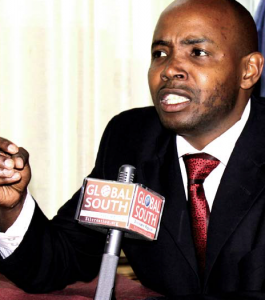
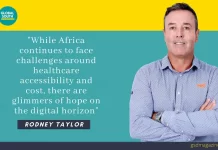
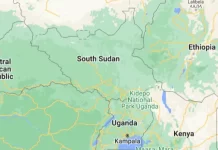
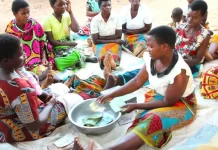




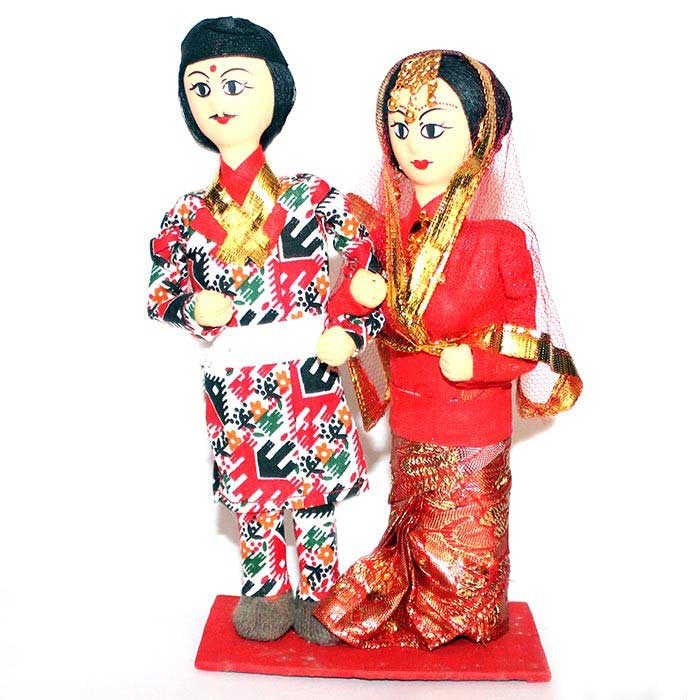
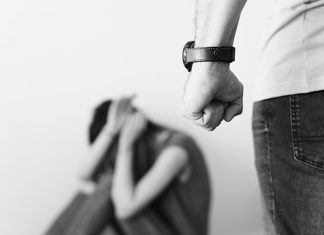
There is really a deep insight for the states in potential ethnic tensions like Nepal to learn from Rwanda. Before seeing oneself with the caste and ethnic lens, one should realize that the counterpart (other who is being perceived as a foe) is also the citizen, a brother, a countryman of the same state. Thumbs-up Rwanda, keep on moving!